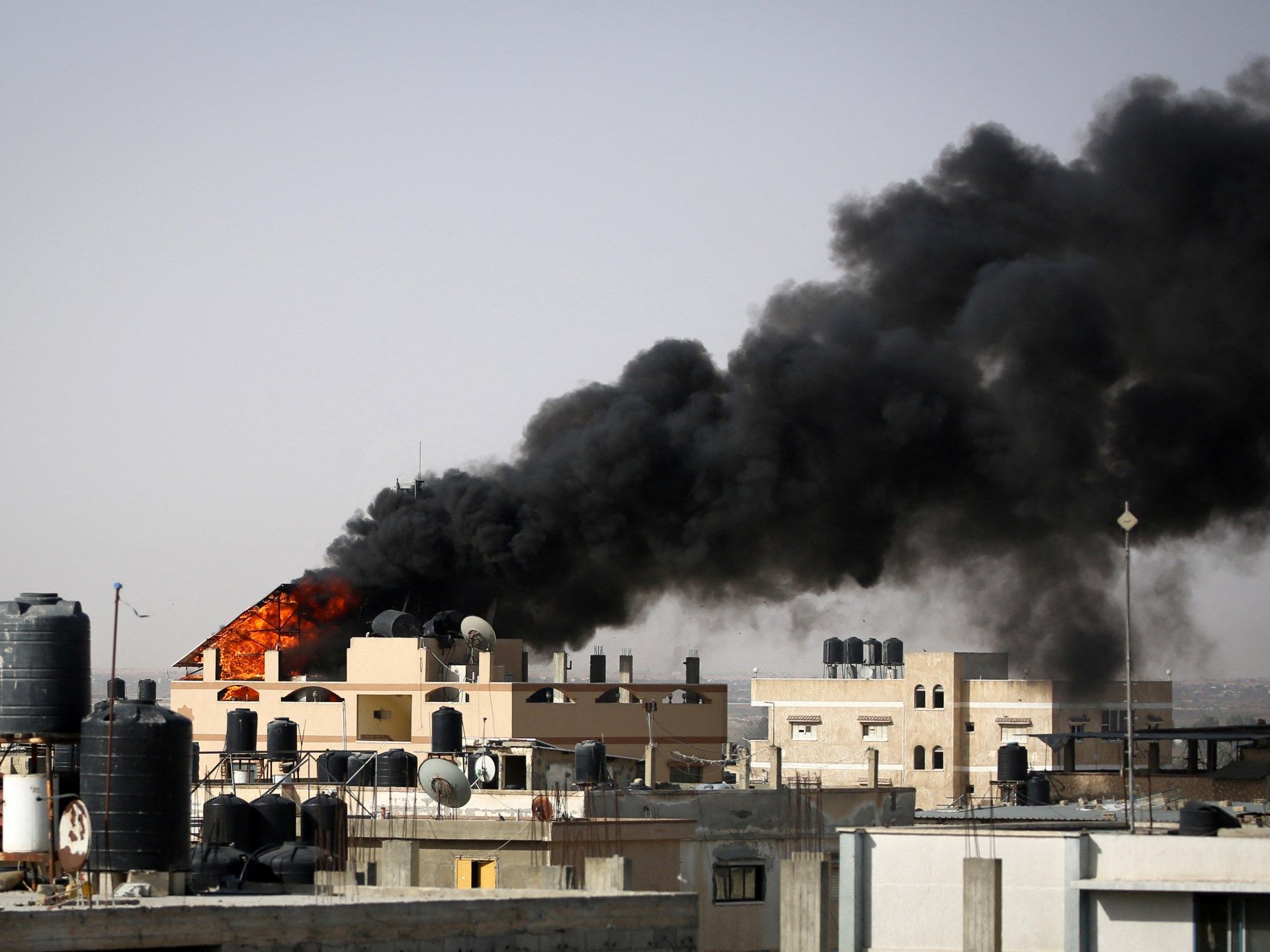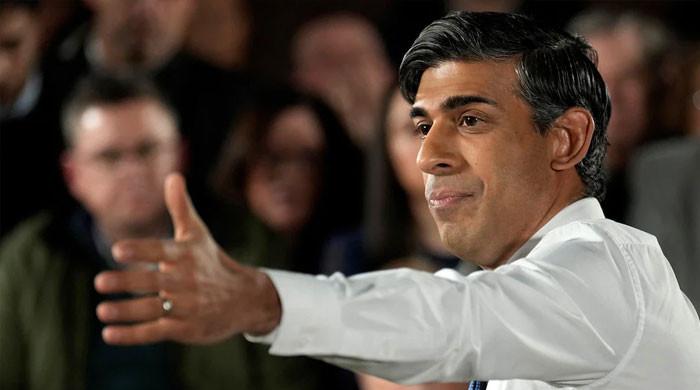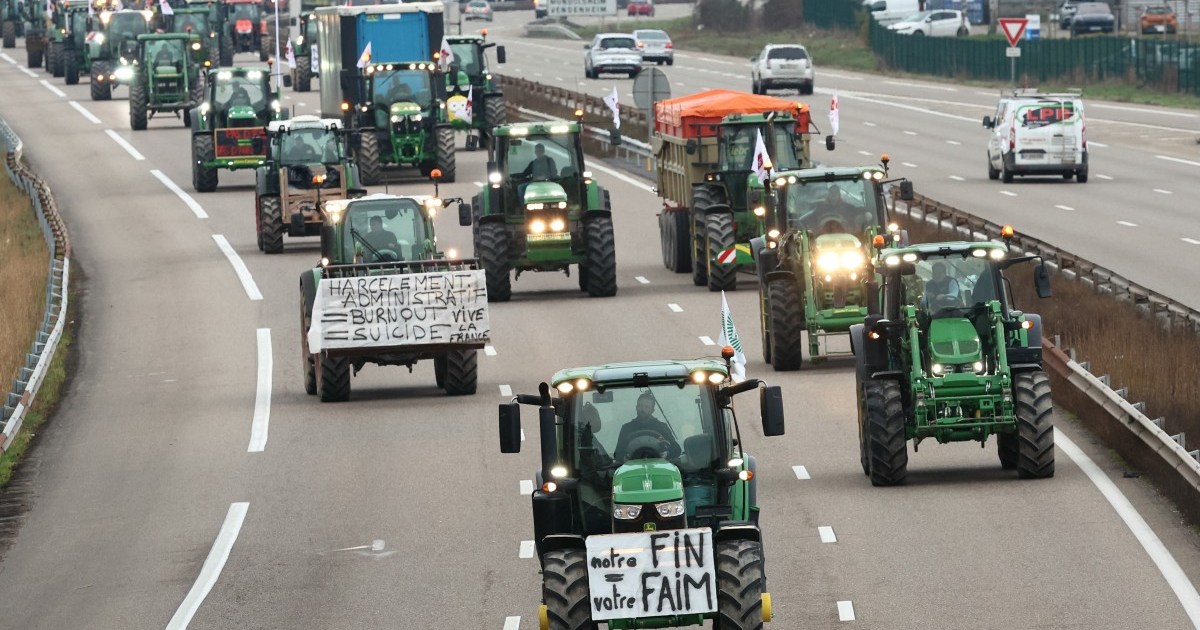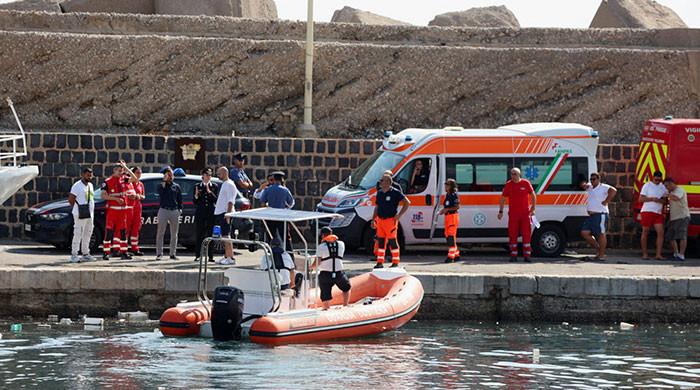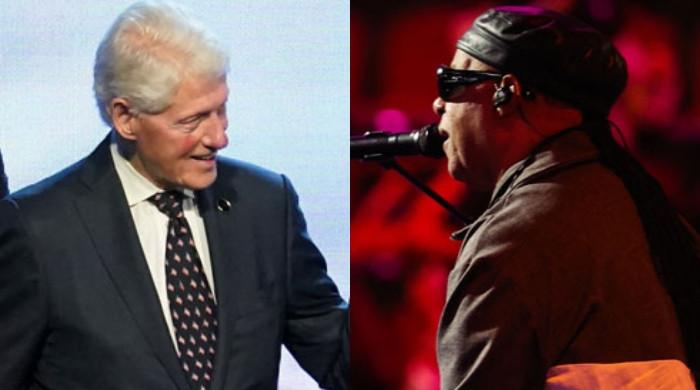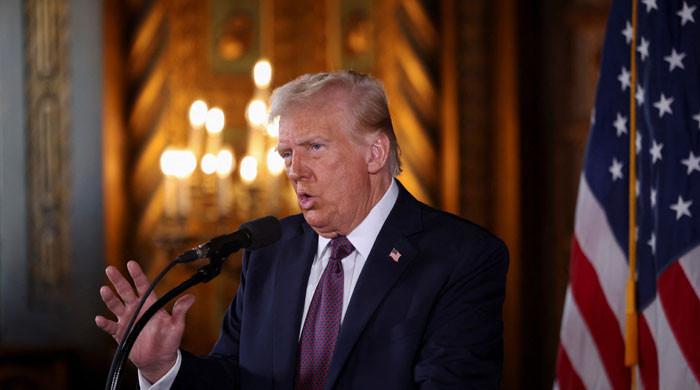The Israeli army has intensified its attacks in Rafah in southern Gaza and attacked Gaza City, while paralyzing humanitarian aid operations throughout the Palestinian territory as ceasefire talks ended without an agreement.
The United Nations Relief and Works Agency for Palestinian Refugees in the Near East (UNRWA) said on Friday that 110,000 Palestinians have fled Rafah. Israeli troops were advancing through the east of the city in hand-to-hand combat operations and carrying out airstrikes.
“People are petrified. People have been fearing this for a long, long time and now it is upon us. There is constant bombing. There is smoke on the horizon. There are people on the move,” Sam Rose, UNRWA planning director, told Al Jazeera from Rafah.
He said Israel was subjecting Gaza to a “medieval siege” in a “scorched earth” war.
Israeli forces took control of the Rafah border crossing, sealing off the crucial entry point for humanitarian aid.
“No aid has arrived in Gaza since Sunday. No help, no fuel, no supplies, nothing. And we're really down to our last reserves now,” Rose said.
“We have a few more days of flour we can provide. But everything else will start to stop very soon without fuel, without water. So the situation is really desperate,” he added.
Under intense attack, patients and staff have been forced to leave Rafah hospitals, leaving many sick and injured Palestinians with no way to receive treatment.
“Al-Najjar hospital is out of service. And the Kuwaiti hospital [in Rafah] it is only for trauma and emergencies,” said Palestinian doctor Mohammed Zaqout. “We have no beds or hospitals to refer to.” [people to]especially for critically ill patients.”
Further north, witnesses reported airstrikes and fighting in neighborhoods of Gaza City, targeting Zeitoun, Sabra, Nassr, Tal al-Hawa and the Shati refugee camp. At least three people were killed and five wounded after Israeli strikes hit a family home in central Gaza City, according to the Wafa news agency.
'Flexibility' is needed
Delegations from Israel and Hamas left the Egyptian capital Cairo following the latest round of ceasefire talks, brokered by Qatar, the United States and Egypt. The Palestinian group Hamas said Friday that “the ball is now completely” in Israel's hands.
Egypt's Foreign Ministry said the two sides must show “flexibility” to reach an agreement for a ceasefire and an exchange of captives held in Gaza for Palestinian prisoners.
Hamas said a deal would involve the withdrawal of Israeli forces from Gaza, the return of Palestinians displaced by the war and the exchange of captives for prisoners, with the goal of a “permanent ceasefire.”
The group said it respected the terms and that Israel had “raised objections on several core issues.”
Hamas's demand for an initial 12-week pause in fighting was a major sticking point for Israel during ceasefire negotiations this week, broadcaster CNN reported, citing three sources familiar with the talks.

'Fight with your nails'
Israel is determined to press ahead with its offensive on Rafah, where 1.4 million displaced Palestinians were sheltering, defying warnings from the UN and its allies, including its main military and political backer, the United States.
While US President Joe Biden warned that he would stop some US weapons supplies to Israel if it carried out the ground attack, Israeli Prime Minister Benjamin Netanyahu remained defiant.
“If we have to be alone, we will be alone. If necessary, we will fight with our nails. But we have a lot more than nails,” he said in an interview Thursday.
US Secretary of State Antony Blinken is expected to present a report to Congress later on Friday on Israel's conduct in Gaza, which stops short of concluding that the country has violated the terms for the use of US weapons, reported the American media outlet Axios.
On Friday, the UN General Assembly will vote on a resolution that would grant new “rights and privileges” to Palestine and ask the UN Security Council to favorably reconsider Palestine's application for full membership.

